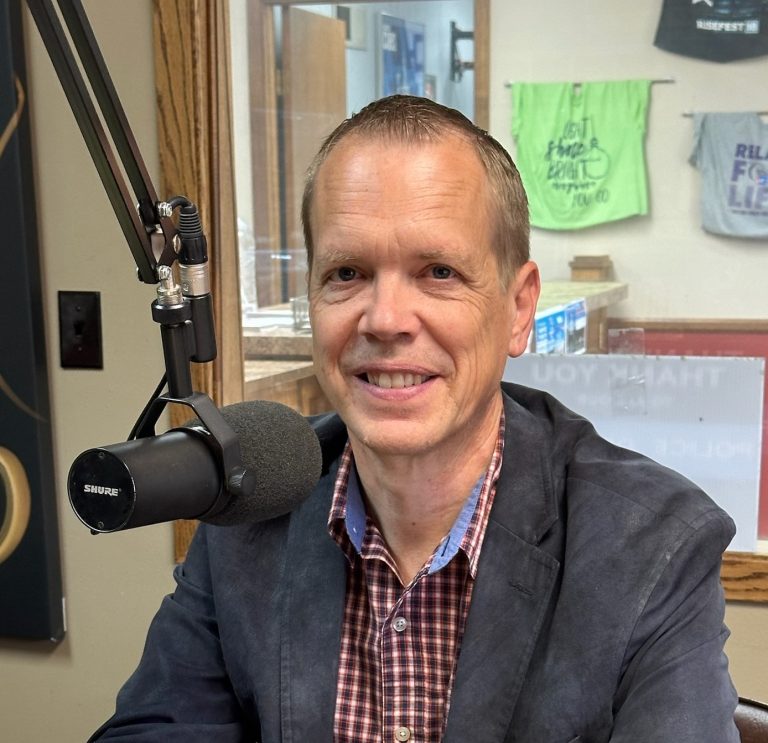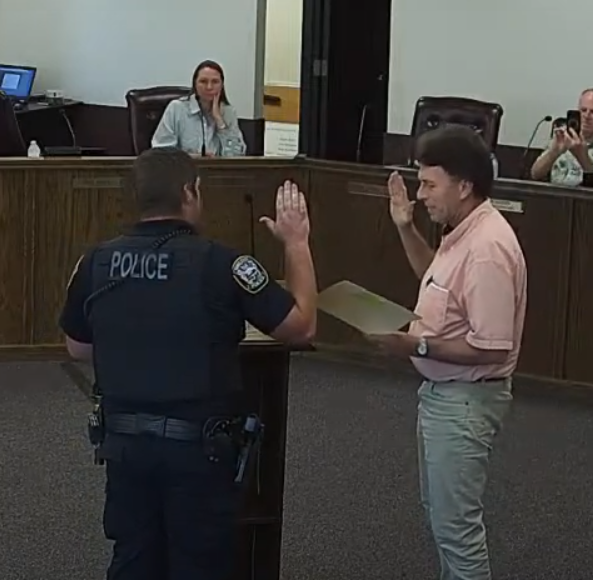Des Moines, Iowa — Many Iowans had trouble sleeping before COVID-19 hit, but there’s been a surge in people losing sleep due to stress in the past year, what’s being dubbed “coronasomnia.”
Amy Kluver, an outpatient therapist at Broadlawns Medical Center in Des Moines, says the pandemic and all it encompasses has soaked into our collective psyche.
(As above) “It’s definitely impacting a lot of people’s sleep,” Kluver says. “It’s impacting our thoughts during the day that can also carry into our struggle with sleep later because we’re tense, our activities aren’t the same, there’s a lot of uncertainty.”
Kluver runs what’s called the Clinical Sleep Training Program at the hospital. It aims to help people improve their sleep through relaxation processes and exploring lifestyle habits that may be working against them.
(As above) “Part of it is actually getting people to understand some of the myths they may have been holding onto about sleep,” Kluver says, “like, that we have to have eight hours of sleep every night or it’s terribly unhealthy.”
The program consists of five group sessions over seven weeks and Kluver says people sometimes need to unlearn bad habits.
(As above) “That frustration of, ‘I slept horrible last night so I’ve got to get some good sleep tonight, because I just can’t sleep horrible again,’ and what I just said would be what we call a negative sleep thought,” she says, “and having to watch out for those negative sleep thoughts and how much power they can hold.”
Studies find about one in ten Iowans have chronic insomnia disorder, or problems with sleep at least three nights a week for three months or more. Some tips for better sleep include: Create and keep a going-to-bed routine, avoid screens in the bedroom, get some exercise during the day, get some sunlight, and don’t eat dinner late. The pandemic isn’t over, but more than a million doses of the COVID vaccine have been administered to Iowans and there are frequent signs of life returning to semi-normal, or at least the promise of it, in the months ahead.
(As above) “Hopefully, that will come to fruition,” she says, “and a little more sunshine in our days with milder weather and hopefully then more activities, that will also play into people -hopefully- sleeping better.”
In addition to the in-person program at the Des Moines hospital, Kluver offers a virtual option as well.
Coincidentally, Friday March 19th is World Sleep Day, which is billed as: “a call to all sleep professionals to advocate and educate the world about the importance of sleep for achieving an optimal quality of life and improve global health.”
For more information click on either of the links below:
https://www.broadlawns.org/events/sleep-training
https://worldsleepday.org/












